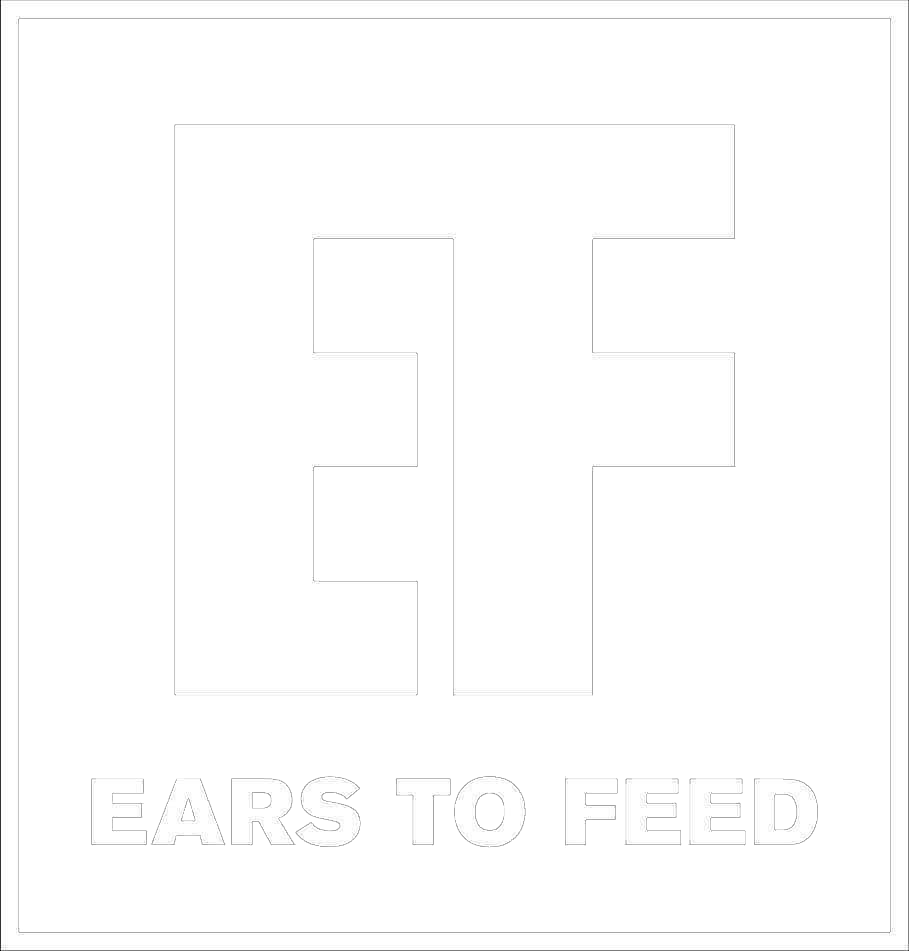The return of live shows, bars and social events is beginning to punctuate the era of no-group-socializing. A few weeks back, I threw myself into a gathering with mostly strangers and I felt as though I walked into the middle of a film I had never seen before. There were knowing glances exchanged and secrets that surfaced between the sounds of clinking bar glasses and 2010 pop hits. I was gladly along for the journey, no matter how chaotic it felt.
A similar feeling came over me when talking with the members of Spud Cannon. There was an inexhaustible honesty that stretched across my conversation with Meg Matthews, Ariana Bowe, Lucy Horgan, Ben Scharf and Jackson Walker Lewis. They shared non-chronological anecdotes of their Fleetwood Mac-esque history. I fell into their world adorned with heartbreak, brazen lyrics, splintering friendships and reconciliation.
Good Kids Make Bad Apples, out on Friday and streaming exclusively on Ears to Feed Thursday, is pressed and sealed by the band’s interpersonal dynamic.

Guitarist Walker Lewis began: “When we were going into the album, Lucy and I had a relationship, but by the end of making the album we were no longer boyfriend and girlfriend.”
“The thing that’s great about our band is at the beginning we were complete strangers and then we started making music together,” Horgan, their bass player, immediately interjected. She pivoted the conversation as Walker Lewis laughed to himself.
There was a playful tension smudged across our conversation — an interaction which holds a mirror to their album. As the group writes their lyrics last, there exists a friction between the melodies’ buoyancy and the lyrics’ acidity. Together the fusion renders an album that is both sprightly and cutting within each verse.
The album’s second track “Supersonic” pounds with a hammer of pure amusement during the first listen. However, the lyrics taste more tart as Matthews sings, “You’re drunk on the limelight / You reek of pride.”
Matthews chronicled the fight she got into with Ben Scharf, their drummer, when he realized the song lyrics were about him. As they wrote the album in 2019, Matthews explained how she now feels a kinship with Scharf that was absent previously; Nevertheless, the stamp of a jaunty pop melody memorialized her frustrations at the time.
“Everything we’ve been through together as a band, interpersonally or otherwise, comes through in the lyrics,” their keys player, Bowe said.
The origin of Spun Cannon is practically shapeless in form as the members all stumbled into each other. Jackson Walker Lewis embarked on his quest to form a band after he saw the group’s former drummer wearing a Pink Floyd T-shirt and aviators indoors at the Vassar College dining hall. Walker Lewis approached him on playing the drums and from there, they started branching out.
“Jackson put up these signs that were just white sheets of paper that said ‘Bass player wanted’ with a number on it,”Horgan detailed. Having never played bass before, she attended one of their practices and decided to buy a bass afterwards.
Bowe joined because she had a crush on their former drummer and Walker Lewis sought out Matthews at one of her acapella shows. Scharf eventually came along to take over on drums after leaving his job juggling with a circus. Seeming to come straight out of a college sitcom, Spud Cannon was born.
Two years after they released their first album, the group began writing and recording Good Kids in the confines of the Vassar squash courts on sweltering summer nights. Although the nights often bled into four or five in the morning and their bodies began to fold from heat exhaustion, Walker Lewis remembers it as “one of his favorite times of his life.”
Horgan specifically recalls recording the album’s closing song “Easy” on the brink of dusk with Ariana punching the air in front of her to help her tighten up.
“Whenever I hear the intro of that song start to play, it takes me exactly back to that adderall fueled, sleep deprived moment in the huge squash court and the energy of feeling kind of frantic, but wouldn’t want to be anywhere else,” she said.
While their influences have always been indie rock vanguards like The Strokes and The Cure, their sophomore album flirts with ‘80s pop melodies. This most notably manifests in the album’s third track “Out” with guitar riffs reminiscent of Blondie.
The album functions as a lobby where the group’s chaos and excitement mingle with one another. Clocking under 90 seconds, the song “P.O.T.A.T.O.” embodies this explosion. Matthews recalls that there weren’t any lyrics for that melody. When they were in the studio one day she exclaimed, “What if we just did it right now, and wrote the lyrics right now and it was about a potato?” The lyrics ended up taking five minutes to write and they all screamed them together in one take. There is a rattling joy gorged into the shortest song.
The album mouths a contained space that now feels dated to the band, but also represents a personal juncture. As Walker Lewis described, it feels like “a bottlerocket of that summer.” Shortly after writing it, they went on a cataclysmic tour that pierced their morale. The group just barely stayed together. Like curling your toes around the edge of a pool to keep from falling in, they were on their last effort to keep from plunging.
Good Kids Make Bad Apples is a celebration. The album’s lead single and opening track “Juno” slide into the uniform of joy that Spud Cannon now dons in spite of their previous turmoil.
As Matthews belts out, “Gotta feeling I can be someone,” she tells me that she truly believes in that mantra, for the whole band. “It is just about a lot of things going wrong… But we’re in it to be in it and so we’re just going to roll with the punches and keep making tunes.”
